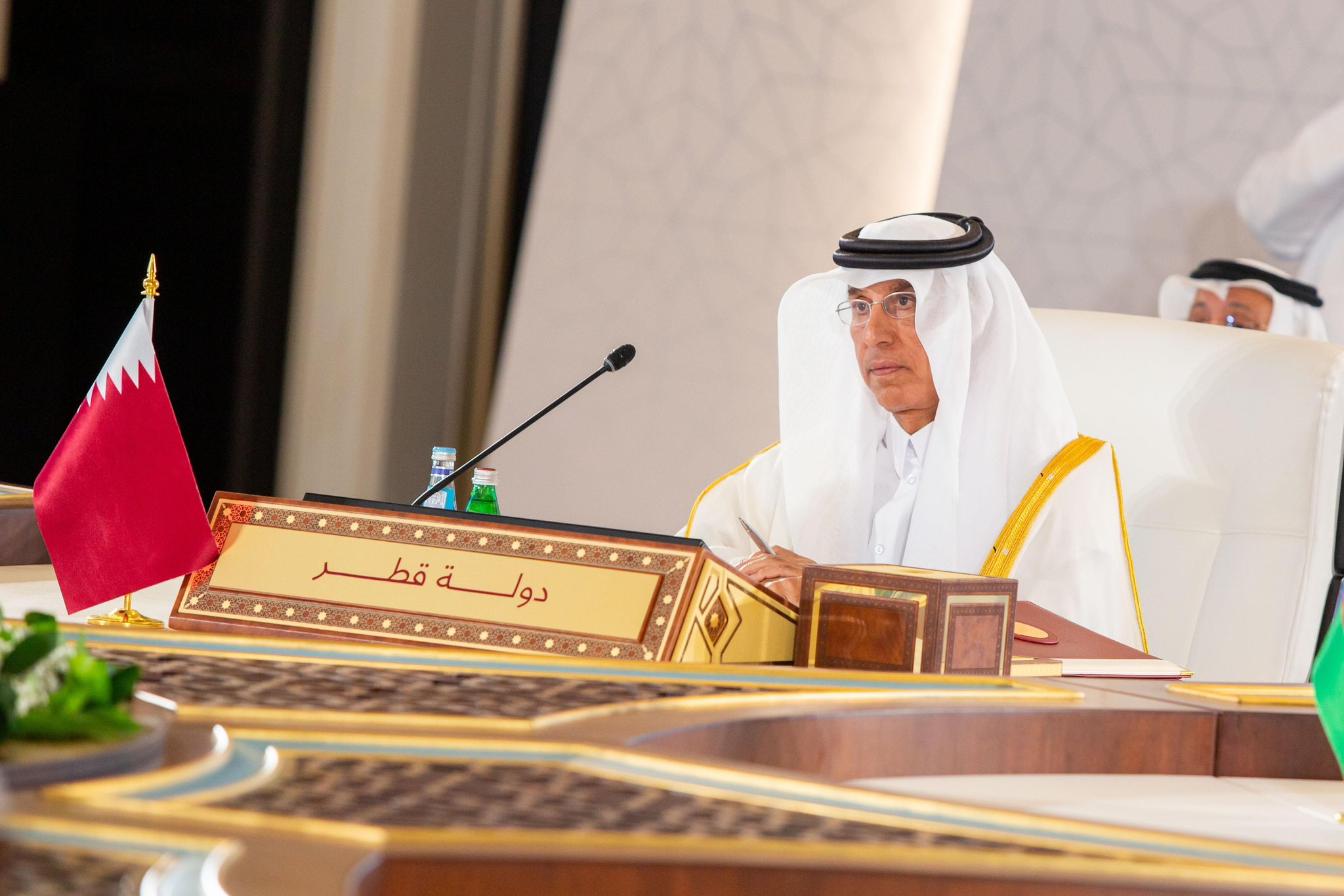The session hosted by Qatar explored various topics, such as inter-GCC cooperation to tackle the challenges facing the civil aviation industry.
Qatar hosted the 20th Gulf Cooperation Council (GCC) Executive Committee meting, where the establishment of a Gulf Civil Aviation Authority was a key focus.
Mohammed bin Faleh Al Hajri, Acting Chairman of the Qatar General Civil Aviation Authority (QGCAA), stressed the importance of cooperation among GCC countries to tackle challenges in the aviation sector.
“The integration our air systems and the modernisation of aviation infrastructure are a top priority to ensure the safety and efficiency of our air operations,” he said, as reported by the Qatar News Agency (QNA).
The meeting also highlighted the need for economic diversification in aviation within the GCC.
This falls in line with Qatar’s National Vision 2030, which emphasises the importance of sustainable economic growth and reducing reliance on the hydrocarbon sector.
During the meeting, Naif Ali Al Abri, Chairman of the Omani Civil Aviation Authority, said that civil aviation constitutes “a basic pillar in achieving sustainable and economic growth in GCC states,” as reported by Omani state media.
In the recent past, regional geopolitics and tensions have posed challenges to commercial flight operations.
For instance, Qatar Airways announced the resumption of flights to Tehran, Mashhad, Shiraz and Isfahan in April. This came following Iran’s missile and drone attacks on Israel, after the latter had bombed an Iranian consulate complex in Damascus, Syria.
Participants also addressed the creation of a “blacklist” for foreign airlines that have not settled their fees to the member states, as reported by the GCC Secretariat General.
In September 2022, Qatar reached an agreement with its Gulf neighbours to activate the Doha Flight Information Region (FIR), which will link it with the FIRs of other GCC countries.
Meanwhile, Al Hajri also remarked that Gulf aviation safety and security are priority matters. The meeting included discussions about enhancing cooperation with a unified programme to assist in assessing the safety of foreign aircraft operating in the region’s airports.
Discussions included enhancing collaboration through a unified programme to assess the safety of foreign aircraft operating at regional airports.







